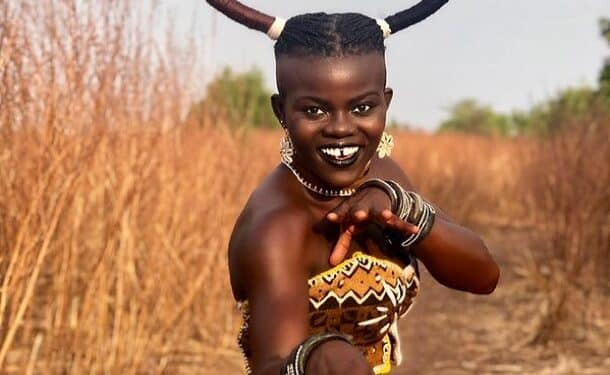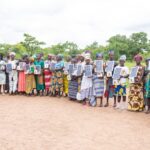Noella Wiyaala, also known as Wiyaala, is a Ghanaian Afro-pop singer-songwriter who sings in her native language Sissala and Waala dialects, and English, often combining all three languages within her songs. Wiyaala, which means “the doer” in the Sissala dialect, has attained public renown with her single “Make Me Dance” and her androgynous image.
After making her name in reality shows in Accra, Wiyaala established a solo career in 2013 with the hit single “Rock My Body”, which won her two awards at the 2014 first edition of the All Africa Music Awards, the Most Promising Artiste in Africa and Revelation of The African Continent.
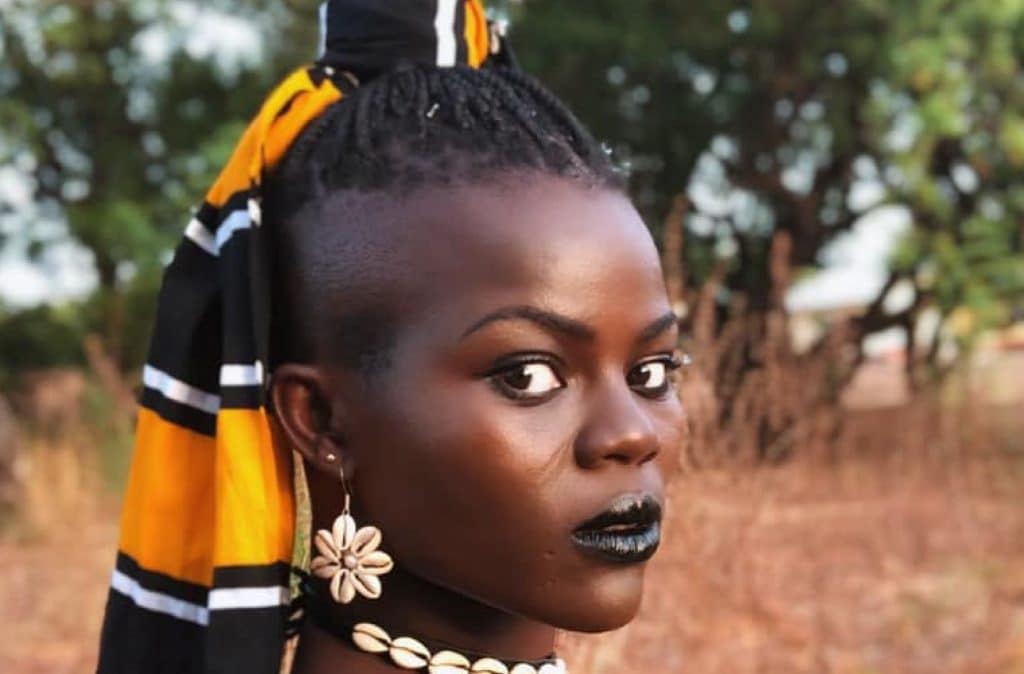
Wiyaala is also associated with UNICEF Ghana and the Ministry of Gender, Children and Social Protection of Ghana in campaigns against child marriage, child poverty, health and sanitation. She headlined the 15th London African Music Festival in London. In March 2021, she was among the Top 30 Most Influential Women in Music by the 3Music Awards Women’s Brunch.
Wiyaala’s music references West African Folk traditions and contemporary Afro-Pop, sometimes evoking comparisons with African divas Mariam Makeeba, Brenda Fassie, and Angelique Kidjo. The second of four sisters and thanks to her musical mother, Wiyaala was spared the horrors of FGM and child marriage whilst attracting attention as a child entertainer, dancer, artist, and footballer despite growing up in a patriarchal society often hostile to artistic growth
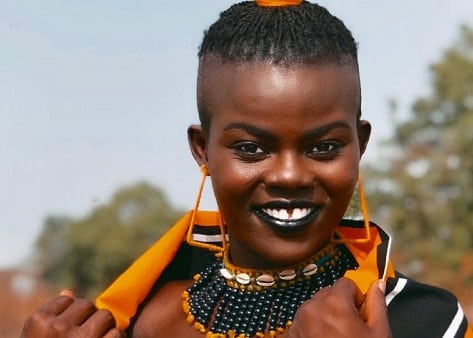
Wiyaala has used her platform to give back to her community in Funsi, Ghana. She has built an Arts Centre, Guest House, and Restaurant where she frequently holds festivals and events to encourage the local children to develop their creativity and sense of self-worth. Through her work with the Ministry of Gender, Children and Social Protection of Ghana and UNICEF, she has partnered on several projects to help protect the rights of children and address public health issues.
Wiyaala is also an advocate for women’s rights and is outspoken on the male-dominated culture and polygyny of some African countries. She has used her music to raise awareness about issues such as early child marriage and the exploitation of women in Africa. Her song “Tinambayai” in the Sisaala language has been regarded as a protest against the exploitation of women in Africa. Wiyaala has been featured on BBC talking about early child marriage and has expressed sympathy for feminism as a means to encourage young girls into completing their education so that they can be the ones that make the choices in their lives. She has declared that her success would serve as an example to her community that there was a future for young women beyond an early forced marriage.

Wiyaala’s unique blend of West African folk traditions and contemporary Afro-pop has earned her comparisons to African divas Mariam Makeeba, Brenda Fassie, and Angelique Kidjo. She has released two albums, “Wiyaala” in 2014 and “Sissala Goddess” in 2018, with a third album titled “Yaga Yaga” due to be released in 2022. In 2014, Wiyaala became the first Ghanaian artist to chart on Billboard since Osibisa in the 1970s with her 2014 FIFA World Cup Song “Go Go Black Stars”.
Wiyaala’s music and talent have earned her recognition and accolades both nationally and internationally. In 2014, she won the Vodafone Icons Reality Show in Accra, which launched her career as a solo artist. She has since represented Ghana and Africa at prestigious events, media, and festivals all over the world, including the Commonwealth Games 2018 in Australia, The African Union in Addis Ababa, WOMAD UK, Green Man, Kendal Calling, Shambala, and the Timitar Festival in Morocco. In March 2021, she was among the Top 30 Most Influential Women in Music by the 3Music Awards Women’s Brunch.
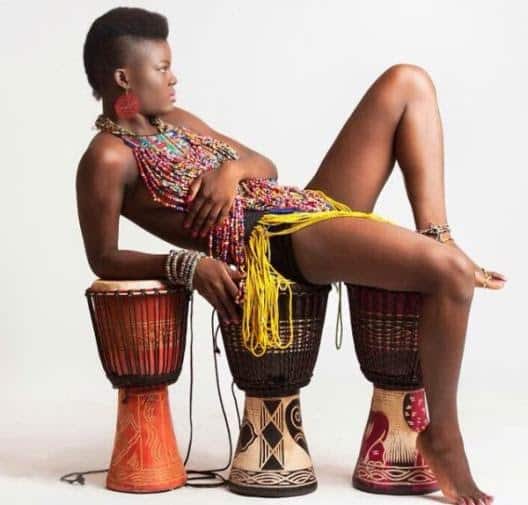
Wiyaala’s success as an independent musician, entertainer, and activist is a testament to her resilience and commitment to using her talent and platform for good. She continues to inspire young girls and women in Ghana and beyond to pursue their dreams and fight for their rights.
READ NEXT ON : Ghanaian Women breaking the bias- Prof. Elsie Effah Kaufmann


